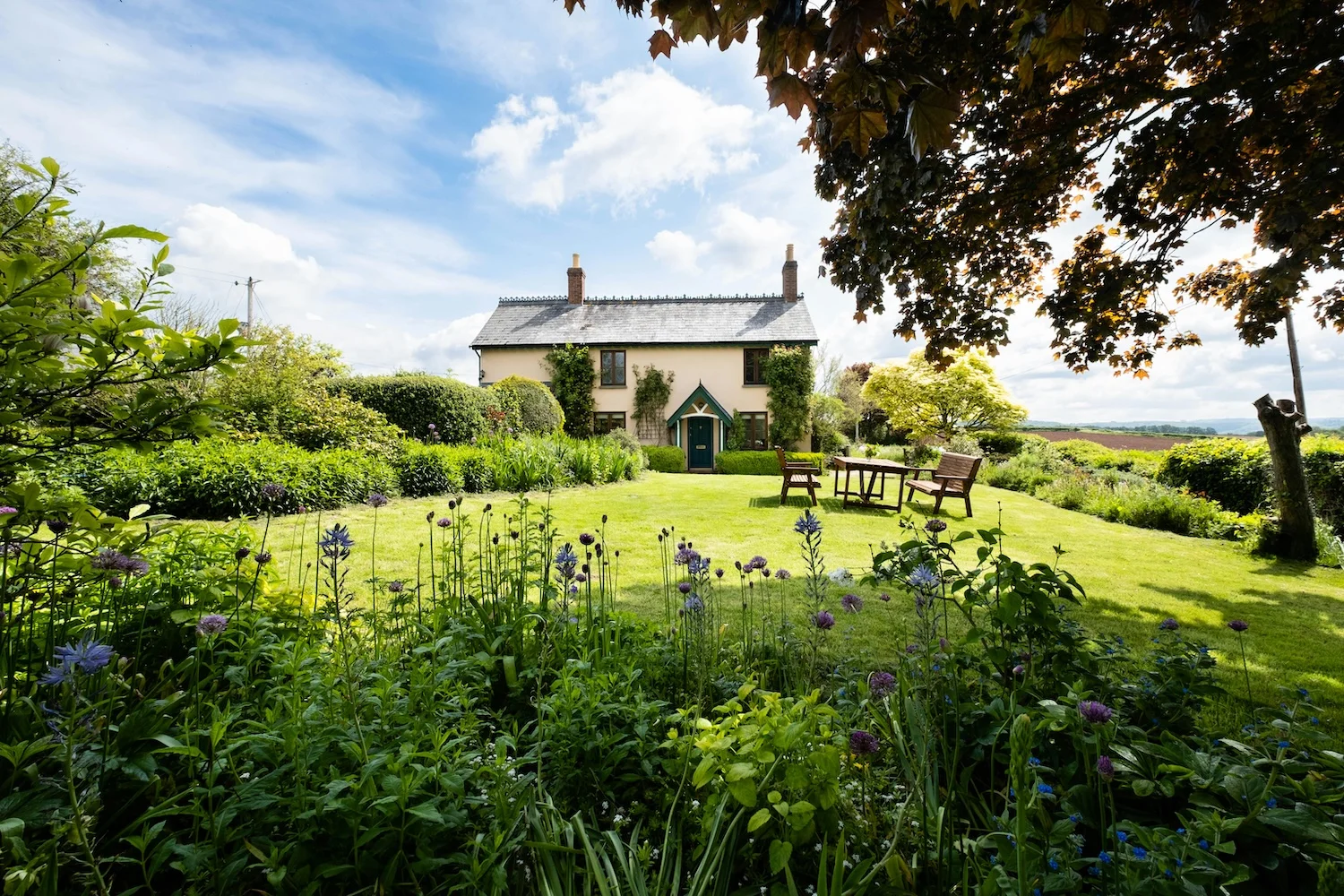Making the most of bricks and mortar
Let rooms in your own home to one or more lodgers.
Rent-a-room relief allows up to £7,500 of rent per property to be received tax free per year. The rooms must be let as residential accommodation in the home you live in, and no expenses can be claimed. If the gross rent is higher than £7,500, you need to declare the income on your tax return. However, you can then claim a deduction of £7,500 instead of the actual expenses incurred. Payments received under the Homes for Ukraine Scheme are not taxable and do not count towards the rent-a-room relief cap.
Let out your drive or garage for tax free cash.
The property income allowance allows you to receive up to £1,000 income tax free from property that doesn’t qualify for rent-a-room relief (see above). This could be from letting out spare space in your garage – or even your drive – for commuter parking. If the gross income before deduction of expenses is no more than £1,000 you don’t have to report the income on your tax return. If the rent received is more than £1,000, you can deduct the higher of £1,000 or the actual expenses incurred, paying tax on the net amount.
When you occupy a second home tell HMRC which of your properties should be treated as your main home for tax purposes.
A property that has always been your main home is free of CGT on sale or disposal. Any other property that you used as your main home for a period will be exempt from CGT for the time you lived there, and (when you have more than one home) for any period for which you elected for it to be your main home. If a property has been your nominated main home at any time, the gain for the last nine months of ownership is exempt from CGT, even if you do not live there during that final period. You might not be able to nominate a property that is situated overseas.
Look at whether it is worthwhile continuing with a holiday letting.
All the tax advantages enjoyed by furnished holiday lettings have been abolished from 6 April 2025, including being able to claim finance costs as a deductible expense – rather than these being restricted to a basic rate tax deduction.
You therefore need to decide if furnished holiday letting is still worthwhile. Even without the tax advantages, a furnished holiday letting will often be more profitable than a traditional buy-to-let, although considerably more work is usually required. A non-tax advantage of holiday letting is that this type of letting will avoid having to comply with the wide ranging changes that will be brought in by the Renters’ Rights Bill when it is enacted in the near future – for example a ban on no-fault evictions.
Chartwell Tip
Despite the tax changes, furnished holiday accommodation can still be registered as a business, so it qualifies for small business rates relief. A property has to be let on a commercial basis for short-term lets for at least 70 days over the previous 12 months.
Your Property – Tax Planning Checklist
- Consider renting out a room or space on your drive for tax-free income
- Nominate your main residence with HMRC if you have more than one home
- Review any furnished holiday lettings to decide if this form of letting is still worthwhile





